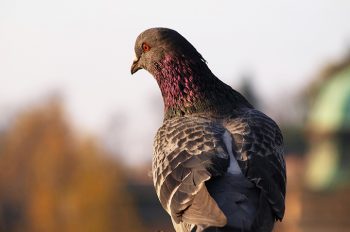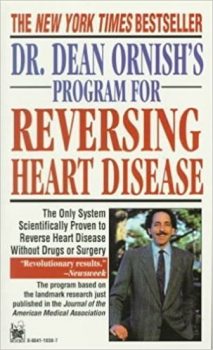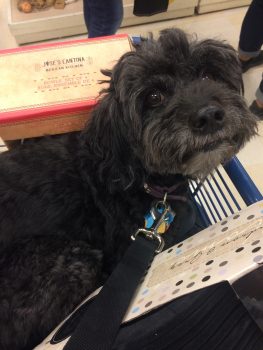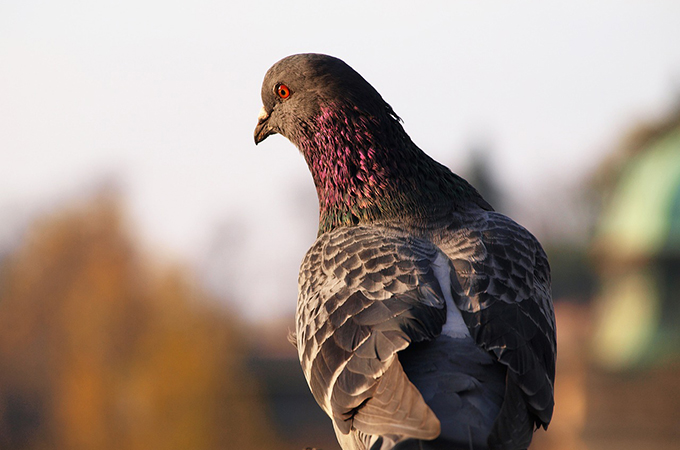I was having lunch last summer at a sidewalk café in Manhattan when someone noticed an injured pigeon. There was an impressive mobilization effort of the ladies who lunch: “Somebody get a box….Somebody hail a cab….Somebody call the Wild Bird Fund.” It was quite an operation, and once the bird was safe all the women, except the one in the taxi with the ailing pigeon, went back to eating their chicken salads.
There is this bird – the one with feathers, the one in trouble – and these birds – the ones who don’t look like birds, so they’re not. Except they are. We are kind, caring people living in a culture of disconnection. We do our best to save every animal in trouble that we can see. It’s just that most of them we never see, until they’re no longer animals.
This is not a generational, gender-specific, or geographic trait. It is a human trait. But another human trait is that we all have a doubly-defined heart. First, there is the metaphorical heart, as in “I love you with all my heart….I thought my heart would break….’She’s a good-hearted woman in love with a good-timin’ man’….” This metaphorical heart can feel for animals, and other humans too. We’ve all got one – income, address, and political affiliation notwithstanding.
And every single one of us has a physical heart that depends on blood flow through a system of arteries that would, if spread out, circle the globe and then do it again. And those arteries are lined with protective cells call endothelia that take a hit every time the blood passing through them is a sludgy mess full of animal fat. It’s been known since 1990 that a low-fat, virtually vegan diet with a little exercise, quiet time, and social connection could reverse existing heart disease, even when it was extensive and apparently intractable.
 When these findings were new, the researcher, Dean Ornish, MD, published them in the prestigious medical journal, The Lancet, and then Random House came to him with a book deal. They called the New York Times bestseller Dr. Dean Ornish’s Program for Reversing Heart Disease. But that was the publisher’s idea. The author had wanted to call it Opening Your Heart, because Dr. Ornish, a yogi as well as a cardiologist, knew that the process wasn’t just mechanical and that the heart isn’t only physical.
When these findings were new, the researcher, Dean Ornish, MD, published them in the prestigious medical journal, The Lancet, and then Random House came to him with a book deal. They called the New York Times bestseller Dr. Dean Ornish’s Program for Reversing Heart Disease. But that was the publisher’s idea. The author had wanted to call it Opening Your Heart, because Dr. Ornish, a yogi as well as a cardiologist, knew that the process wasn’t just mechanical and that the heart isn’t only physical.
This same reversal was shown again with advanced cardiac patients in the work of Caldwell Esselstyn, Jr., MD, with dietary intervention alone. There is no drug, no surgical procedure, and no other diet that can do this, only laying off animals and eating whole plant foods. Plants: fruits, vegetables, legumes, whole grains, nuts and seeds, spices and herbs. Not vegan donuts and pizza and ice cream.
Even so, I’m glad that vegan donuts and pizza and ice cream exist because they help people stop consuming fellow beings. Those women who saved the pigeon and went back to their salads with chicken will, when they awaken to how much they truly cherish all life, including their own, have little trouble eating salad with curried lentils or seared tofu or raw walnut paté. But people who don’t eat salad much, and who aren’t changing their diet because of a pressing health concern, may need faux meats and manufactured marvels, at least for awhile. They’ll make it to kale. In the meanwhile, we can be there offering them time and support and Tofurky sausages.
As of now, animals are suffering on factory farms and slaughter lines, and people are suffering from a host of diseases that either steal their lives or make living to advanced age a curse instead of blessing. How elegantly efficient that the same change can remedy both problems – and give climate change a run for its money in the bargain!
We know how to prevent and reverse heart disease, which kills the most people – women and men. There’s good evidence that the same protocol – minus animals, plus plants – can prevent and in many cases reverse type 2 diabetes. The evidence is less overwhelming, but still hopeful, about several types of cancer, some autoimmune diseases, and Alzheimer’s. This isn’t a panacea. We live on earth, not in heaven. But it’s a wise choice for ourselves and the people who love us and for the health of the national and world economy.
 This is another point at which people who are at odds on other issues might find agreement. Whether it’s private medical insurance, single-payer, or a hybrid, its expense is rapidly outpacing our ability to access it. The documentary Fat, Sick and Nearly Dead several years ago resonated the way it did because our country and much of the world accepts “fat, sick, and nearly dead” as a common occurrence in middle age and later – and, increasingly, at earlier ages, too. It’s not normal; it just looks normal.
This is another point at which people who are at odds on other issues might find agreement. Whether it’s private medical insurance, single-payer, or a hybrid, its expense is rapidly outpacing our ability to access it. The documentary Fat, Sick and Nearly Dead several years ago resonated the way it did because our country and much of the world accepts “fat, sick, and nearly dead” as a common occurrence in middle age and later – and, increasingly, at earlier ages, too. It’s not normal; it just looks normal.
We tend to hold a vision of the stereotypical vegan as either an old person who was at Woodstock, or a young person who wishes they’d been at Woodstock – very left wing and all that that entails. But left wing, right wing, that’s your business: just get off the Buffalo wings. The chicken wings. The cheese steak. The lamb chops. The pork tenderloin that holds hostage your tender heart, the one that craves to express itself fully, embrace every form of life, and relieve every kind of suffering.
You don’t have to convince anybody of anything; you just have to show up at the potluck with a really good dish. Bring the best cookies to the office, and nourish yourself with green smoothies, purple cabbage, brown rice, black beans. That way, when anybody asks, you can honestly say, “Well, yes, I did lower my cholesterol, blood pressure, blood sugar….” Because when you have something someone else wants, they’re likely to do what you did to get it. And when they do – when enough of them do – there will be a great deal less suffering on this planet. And from that place of health and compassion and lightness and joy, we might be much better able to deal with our differences.

Victoria Moran is the author of Main Street Vegan, the coauthor of The Main Street Vegan Academy Cookbook, and the founder and director of Main Street Vegan Academy. She hosts the Main Street Vegan radio show/podcast and lives in New York City with her accordion-playing husband, William Melton, and their fetch-playing rescue dog, Forbes Melton-Moran.


An especially eloquent essay, thanks!
Patiently, just four years later, Dean Ornish did publish that “Opening Your Heart” book, titled Love and Survival: 8 Pathways to Intimacy and Health.
Very well written and you hit on all of the important points so eloquently and concisely!
I so enjoy reading your writing…it’s eloquent and powerful. Powerful message – thank you.
Victoria, I’ve been reading your book this week, and absolutely love your approach to veganism. Start where you’re at, and go from there. You have to love people where they’re at, and no “attack approach” to attempting to convert other people to veganism will work. But living by example is a kind and reasonable approach to sharing the lifestyle with others, and maintaining it yourself. Thanks for all of the content you’ve put out in the world, it’s been very helpful for someone like me who is relatively new to it all! <3